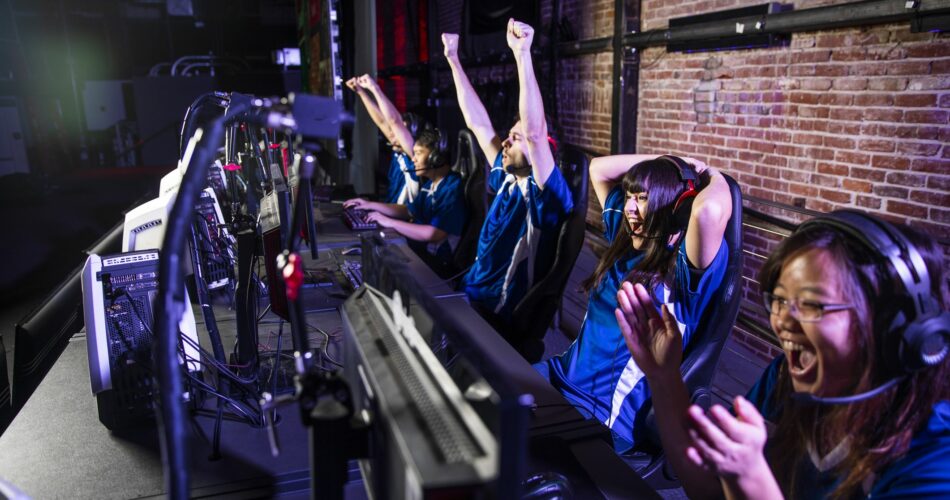In the realm of competitive gaming, commonly known as esports, the concept of sportsmanship has taken on a new dimension. With millions of players worldwide engaging in various digital arenas, the ethical considerations and standards of conduct in esports have become increasingly paramount. As the industry continues to burgeon, redefining sportsmanship to align with the unique dynamics of esports is imperative.
Esports, characterized by organized multiplayer video game competitions, have transcended from niche hobby to mainstream entertainment. Professional gamers compete for substantial prize pools, and tournaments draw audiences that rival traditional sports events. However, the absence of physicality in esports does not diminish the importance of sportsmanship. Instead, it necessitates a reevaluation of what constitutes ethical behavior in this digital domain.
At the heart of sportsmanship in esports lies respect – respect for opponents, teammates, officials, and the community at large. Unlike traditional sports, where physical interactions and body language convey sportsmanship, esports rely heavily on digital communication. Thus, maintaining a respectful and constructive discourse in online interactions becomes pivotal. Toxic behavior such as harassment, trolling, or cheating not only undermines the integrity of the game but also perpetuates a negative environment detrimental to the growth of esports as a whole.
Fair play is another cornerstone of sportsmanship in esports. While the absence of physical limitations in digital competition opens avenues for creativity and skill expression, it also introduces opportunities for exploitation. Cheating through hacks, exploits, or performance-enhancing substances undermines the integrity of the competition and erodes trust among players and fans. Embracing fair play involves adhering to the rules, playing with integrity, and accepting both victory and defeat gracefully.
Furthermore, accountability and transparency are fundamental in upholding ethical standards in esports. Players, teams, and tournament organizers must take responsibility for their actions and decisions. Transparent communication regarding rules, policies, and disciplinary measures fosters trust within the community and ensures a level playing field for all participants.
Educating players, particularly younger audiences, about the importance of sportsmanship is essential for the long-term sustainability of esports. Emphasizing values such as integrity, respect, and fair play cultivates a positive gaming culture and empowers individuals to become responsible members of the esports community. Additionally, mentoring programs, workshops, and initiatives aimed at promoting sportsmanship can help nurture a new generation of gamers committed to ethical conduct.
As esports continue to evolve, so too must our understanding of sportsmanship within this dynamic landscape. Recognizing the unique challenges and opportunities presented by digital competition, the esports community must collectively strive to uphold ethical standards that reflect the values of integrity, respect, and fair play. By redefining sportsmanship in esports and embracing these principles, we can foster a positive and inclusive gaming environment where players of all backgrounds can thrive and succeed.



